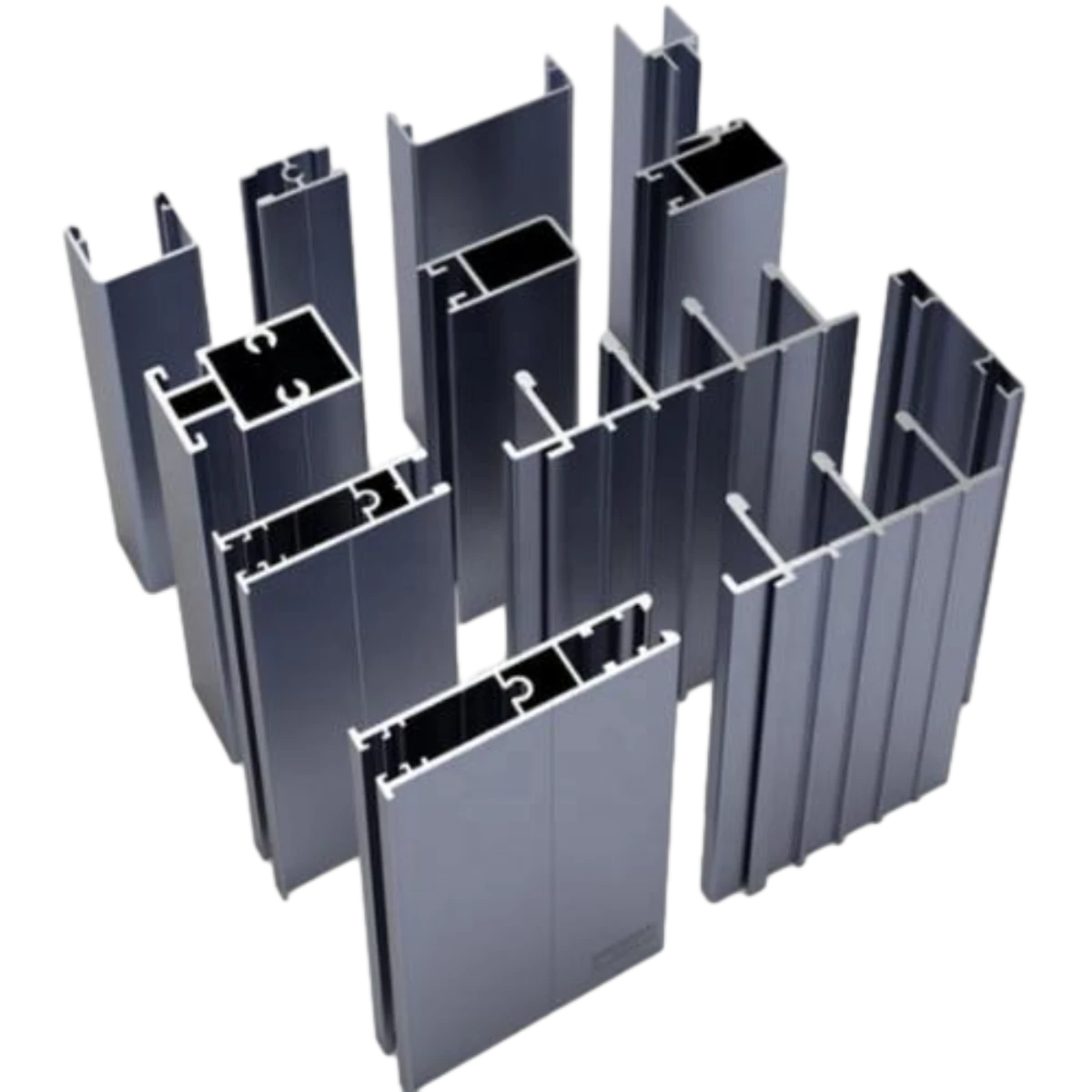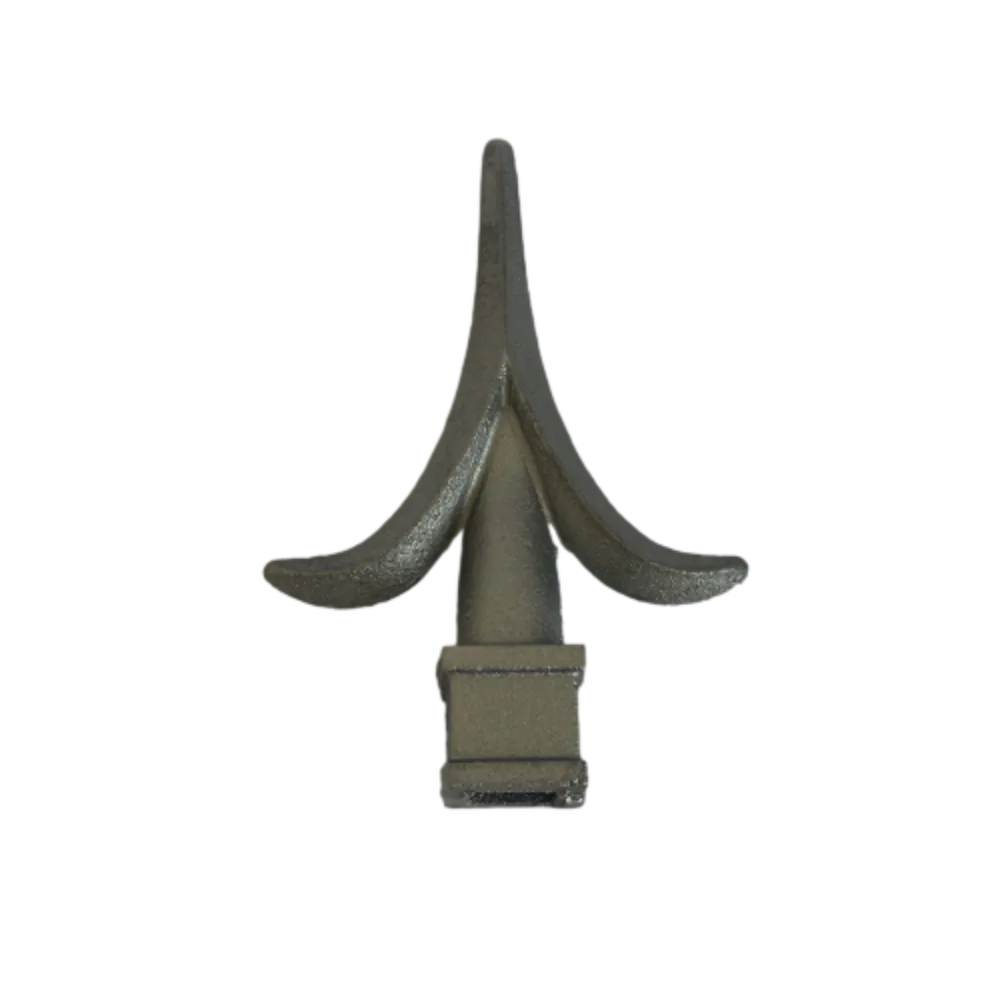Small Agricultural Processing Machines: Corn Threshers, Cassava Chippers, Grain Peelers & Chaff Cutters
For small farms, cooperatives, and rural processors, efficient and compact machinery can make a major difference in productivity and profit. Whether it’s separating kernels from cobs, chipping cassava, peeling grains, or cutting fodder, a reliable machine reduces labor costs and increases throughput. In this guide, we look at four essential machines—small corn thresher machine, cassava chipper machine, grain peeler machine, and chaff cutter machine—highlighting their functions, features, and buying considerations.
1. Small Corn Thresher Machine
A small corn thresher machine is designed to separate corn kernels from the cob quickly and efficiently. Ideal for small to mid-size farms, these machines save time compared to manual threshing.
Key Features:
Compact and portable design
Electric or diesel-powered options
Kernel-cob separation with minimal grain loss
Adjustable feed hopper
Output: typically 500–1,500 kg/hour depending on model
Advantages:
Saves time and labor
Easy to operate and maintain
Suitable for corn, maize, and some hybrid varieties
Applications:
Household or cooperative-level maize processing
Seed processing
Pre-cleaning before storage or milling
2. Cassava Chipper Machine
A cassava chipper machine cuts cassava roots into uniform chips for drying or further processing into starch or animal feed. These machines are especially useful in areas where cassava is a staple crop.
Key Features:
Stainless steel cutting blades or disc chipping system
Variable chip size output (typically 10–20 mm)
Electric motor or diesel engine
Throughput ranges from 1–5 tons/hour
Advantages:
Uniform chip size improves drying and processing efficiency
Reduces waste from irregular hand-cutting
Can also be used for yam, sweet potato, or taro chips
Applications:
Cassava flour production
Animal feed preparation
Small-scale food processing plants
3. Grain Peeler Machine
The grain peeler machine (also called a dehuller or huller) removes outer husks or bran layers from grains like millet, wheat, barley, sorghum, and maize.
Key Features:
Abrasive roller or rubber roller peeling mechanism
Adjustable peeling depth
High peeling rate with low breakage
Dust collection or bran discharge system (optional)
Advantages:
Improves grain quality for milling or consumption
Increases shelf life by removing oil-rich bran
Compact models available for home or small mill use
Applications:
Flour mills
Grain cooperatives
Feed processing plants
4. Chaff Cutter Machine
A chaff cutter machine is used to chop straw, hay, maize stalks, or other crop residues into small pieces. This chopped material is then used as feed for livestock such as cattle, goats, and sheep.
Key Features:
Steel frame and rotating blades or disc
Manual, electric, or diesel-powered
Adjustable cutting size (0.5–5 cm)
Throughput: 400–2,000 kg/hour
Advantages:
Increases digestibility of fodder
Reduces feed waste
Can process green and dry materials
Applications:
Smallholder farms
Livestock feed production
Dairy and poultry farms
Buying Tips for Agricultural Mini-Machines
When sourcing machines like the small corn thresher machine, cassava chipper machine, grain peeler machine, or chaff cutter machine, keep the following in mind:
Power Source
Choose between manual, electric, petrol, or diesel based on availability and mobility needs.
Capacity
Match the machine’s output to your farm size or processing volume.
Material & Build Quality
Look for stainless steel or coated parts that resist rust and wear, especially for food-related uses.
Ease of Use & Maintenance
Machines should be operable by non-technical users and easy to clean or service.
Spare Parts & Support
Choose a supplier with a solid track record and access to after-sales support or spare parts.
From corn threshing to cassava chipping, grain peeling, and fodder cutting, these small agricultural machines are practical, affordable, and essential tools for modern smallholder farming. Whether you’re processing for your own use or for local markets, the right machine can significantly reduce manual labor and increase efficiency.
Investing in these machines supports local food systems, improves product quality, and increases income potential for rural communities.
Agricultural Machine FAQs
1. Can one machine perform multiple tasks?
Some multifunction machines exist (e.g., thresher + sheller), but for specialized performance, separate machines are more efficient.
2. Are these machines suitable for off-grid areas?
Yes. Many models run on diesel or petrol engines, suitable for areas without electricity.
3. How often should the blades be sharpened or replaced?
It depends on usage and material. Most machines need blade maintenance after every few hundred hours of operation.
4. What’s the expected lifespan of a small machine?
With proper maintenance, these machines can last 5–10 years or more, depending on build quality and intensity of use.
5. Can I order customized machines (e.g., capacity, engine type)?
Yes. We offer customization for engine type, throughput, and materials used. Ask during the quotation process.
-
Plough Wheel Cast Iron Material Enhances Load-BearingNotíciasNov.10,2025
-
Cast Iron Cooking Stove Heat Retention Ensures Even Food HeatingNotíciasNov.10,2025
-
Rubber Strip Shock Absorption Protects Window EdgesNotíciasNov.10,2025
-
Aluminum Profiles High Corrosion Resistance Suits Coastal AreasNotíciasNov.10,2025
-
Window Handle Aluminum Material Ensures Lightweight DurabilityNotíciasNov.10,2025
-
Sliding Roller Plastic Housing Fits Aluminum Sliding WindowsNotíciasNov.10,2025
-
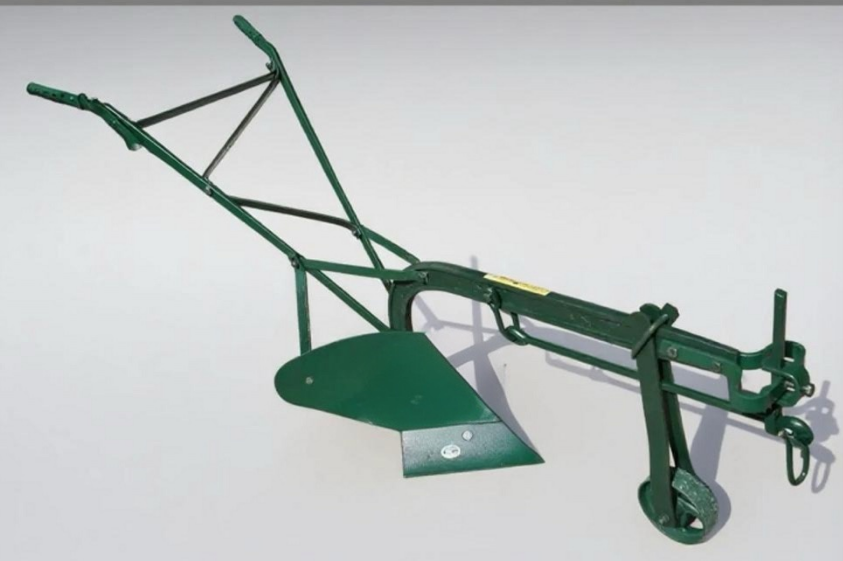 Plough Wheel Cast Iron Material Enhances Load-BearingNov-10-2025Plough Wheel Cast Iron Material Enhances Load-Bearing
Plough Wheel Cast Iron Material Enhances Load-BearingNov-10-2025Plough Wheel Cast Iron Material Enhances Load-Bearing -
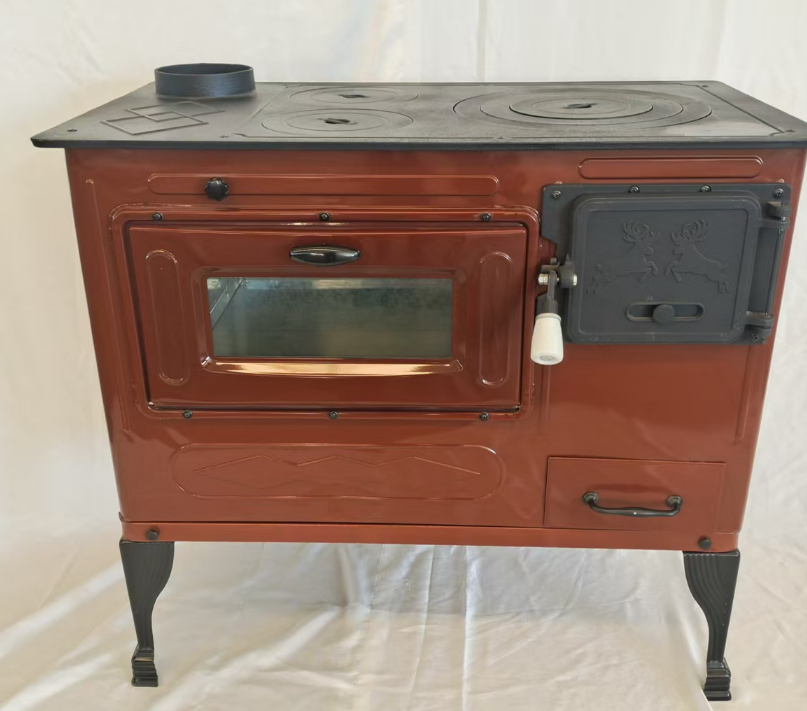 Cast Iron Cooking Stove Heat Retention Ensures Even Food HeatingNov-10-2025Cast Iron Cooking Stove Heat Retention Ensures Even Food Heating
Cast Iron Cooking Stove Heat Retention Ensures Even Food HeatingNov-10-2025Cast Iron Cooking Stove Heat Retention Ensures Even Food Heating -
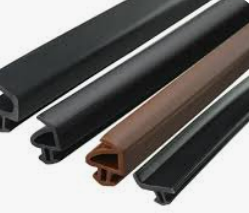 Rubber Strip Shock Absorption Protects Window EdgesNov-10-2025Rubber Strip Shock Absorption Protects Window Edges
Rubber Strip Shock Absorption Protects Window EdgesNov-10-2025Rubber Strip Shock Absorption Protects Window Edges





